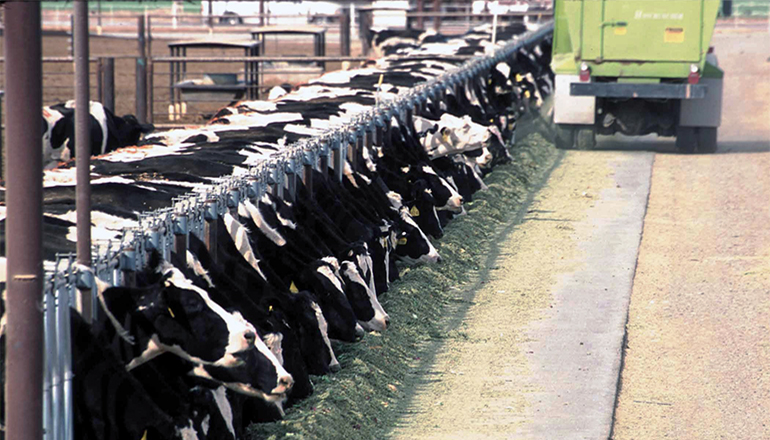Despite the goal to unite Missourians around a common cause, rural advocacy groups have been pushing the EPA for more stringent regulations under the Clean Water Act, specifically targeting corporate farming.
Tim Gibbons, Communications Director for the Missouri Rural Crisis Center, said the Clean Water Act has not been adequately updated since the industrialization of the livestock industry. He added that factory farms are infringing on the rights of rural family farmers, affecting their property, water, and air.
“At both the state and federal levels, it’s a race to the bottom when it comes to protecting people who have often lived here for generations,” he said. “What we’re doing is not only asking both our state and federal governments to protect us from these types of operations—corporate operations specifically—but also advocating for rule changes to ensure that family farmers can continue to work the land.”
According to a report from Food and Water Watch, a single hog produces around 1.5 tons of manure every year. All the hog farms in the U.S. together produce a total of about 167 million pounds of waste, equivalent to the waste produced by half the country’s human population.
Large-scale livestock operators argue that corporate farming is more efficient than small-scale family farming and does not negatively impact water and air quality, or community livability. Gibbons said rural Missourians and family farmers understand the negative impact that corporate control has had on their lives, particularly in terms of the prices they receive. They also understand that, at the consumer level, Missourians are paying the highest prices.
“Their goal is to set up these industrial livestock operations— for example, housing 7,000 to 10,000 sows—next to family farmers who have lived there for generations. Their mantra is, ‘If you don’t like it, you can move,'” he explained. “That’s not how Missourians treat each other; that’s not how we treat our neighbors. Unfortunately, that’s how corporate agribusiness treats people.”
This month, the EPA denied a 2017 petition urging the agency to strengthen its factory-farm water pollution regulations under the Clean Water Act. Instead, the EPA has announced it will form an advisory committee to study the pollution problem associated with concentrated animal feeding operations and make recommendations for future regulations.


